Benefits of ERP for Logistics and Distribution Industries
Logistics is vital to any company that regularly deals with the multi-echelon, global supply chain. The right logistics system can manage transportation operations, track vehicle maintenance, determine optimized routes and maps for shipping, and organize warehouse workflows.
Enterprise resource planning (ERP) is one valuable tool for better managing your logistics when dealing with wholesale or distribution trades. This integrated suite of business applications automates day-to-day operations such as accounting, human resources (HR), and customer relationship management (CRM). On top of this, it can improve your company’s logistics through inventory and supply chain management.
ERP software can improve logistics in several areas, including:
- Inventory management
- Supply chain management
- Transportation and shipping
- Financial reporting
While some ERP options for logistics are developed and branded exclusively for companies under the logistics software or distribution terms, other options may include industry-neutral ERP solutions that can provide all the tools a logistics company needs. It’s important to determine if the software you’re looking into only focuses on inventory and/or supply chain management or has the additional modules to streamline all your business processes.
How ERP Improves Logistics
ERP software provides a single, cohesive overview of all your different business activities. This oversight allows better logistics management by covering the following:
Inventory and Warehouse Management
First, ERP software helps you gain control of your existing inventory with real-time tracking and management tools. The inventory management modules track all information about the items that your company builds, buys, stores, or sells. This can simplify pricing products by allowing you to make adjustments based on real-time sales trends or changes to manufacturing costs.
Another important element of logistics is warehouse management (WMS). ERP systems make it easier to manage a warehouse with efficient stock control and pick/pack improvements by optimizing order management, automating purchase orders for needed goods, and tracking deliveries as they leave your facility.
Inventory systems with traceability tools can use bar-coding, serial numbers, lot numbers, or advanced RFID tracking to locate and identify different items throughout the warehouse so you can maintain the most effective stock levels possible.
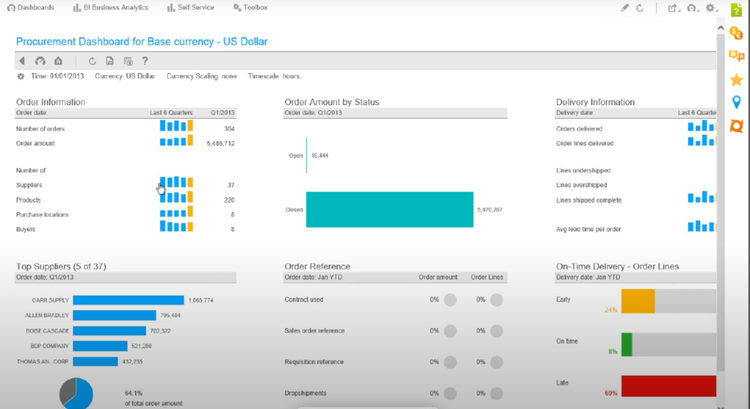
Supply Chain Management
Next, manage the movement of your inventory along the multi-echelon supply chain by utilizing an ERP. Supply chain management modules make it possible to plan, control, and execute the necessary processes to assist in the manufacturing and distribution of finished goods. You may find it’s more economical to keep certain products in storage at a warehouse than send them ahead to distributors. Or you might consider working with a third-party logistics company to streamline localized deliveries.
When evaluating modules, it’s important to understand the difference between supply chain management vs. logistics. While the terms are often used interchangeably, there are some key differences. Primarily, the supply chain is the complete framework and coordination of goods or services from sourcing to their end destinations. On the other hand, logistics is specifically related to the internal movement of goods.
Transportation and Shipping
Transporting your products is one of the most important steps in getting your goods to paying customers. ERP systems with transportation modules plan, execute, and optimize the physical movement of goods from the manufacturer to the final destination, whether it’s a storage warehouse or directly into the customer’s hands.
One primary advantage of using an ERP with transportation and shipping features is the ability to plan better and optimize delivery routes. For example, you may discover a faster method for transporting merchandise, saving you both time and money and yielding a higher ROI over time.
These ERP tools can also extend to basic fleet management, which involves maintaining the vehicles in your fleet from initial procurement to final disposal. Use preventive maintenance to schedule vehicle downtime before breakdowns occur, or just ensure your entire fleet is in peak operating condition to cut down on costly wear and tear.
Financial Reporting
Finance reports can provide greater visibility into your logistics operations. ERP accounting tools track revenues and expenses in a general ledger to balance accounts payable (AP) with accounts receivable (AR). Automated reports custom slice and dice data based on region, location, profit center, employee, or other key performance indicators (KPI) you choose. This additional data allows decision-makers along the supply chain to make more nuanced and accurate logistics processes. For instance, they can identify causes of profit loss and then plan for ways to compensate for those issues.
ERP’s budgeting and forecasting elements also aid logistics by building detailed corporate finance plans capable of estimating a company’s future revenues and expenses. ERP software’s financial reporting tools include predictive budgeting and workforce planning.
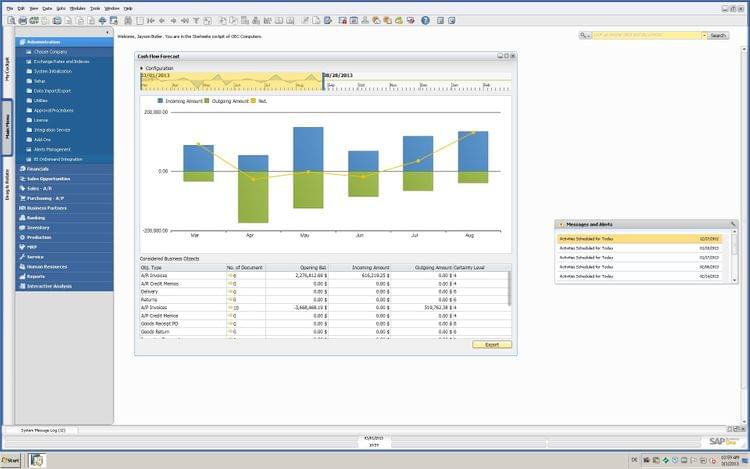
Top 10 ERP Logistics Software Options
There are many different software options if you want an ERP to automate your logistics processes:
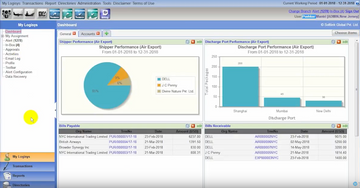
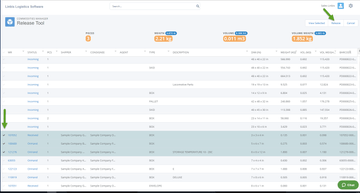
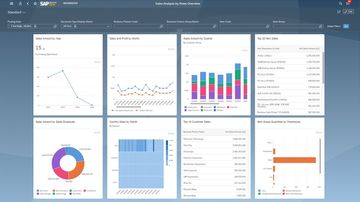
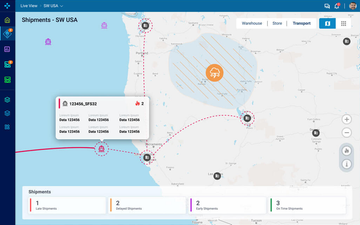
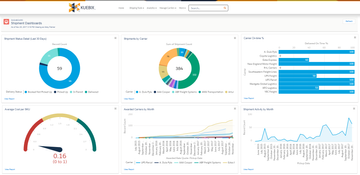
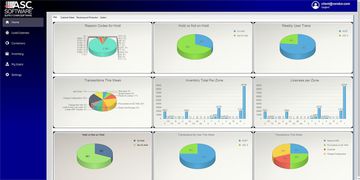

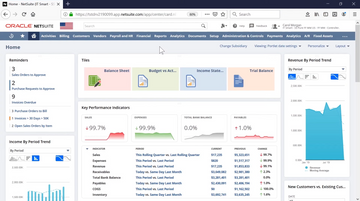
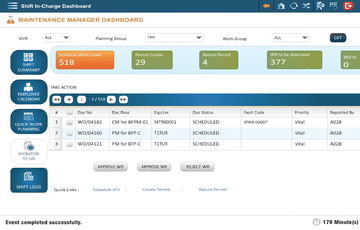
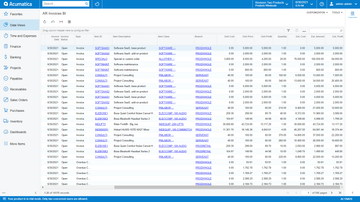
Looking to integrate an ERP into your logistics operation? Get free help finding ERP software from one of our software advisors.
